Hebrew Calendar New Year 2025: A Journey Through Jewish Tradition
Related Articles: Hebrew Calendar New Year 2025: A Journey Through Jewish Tradition
- Free Printable 2025 Calendar With Holidays UK
- New Hanover County School Calendar 2025: A Comprehensive Guide
- EY Calendar 2025 India: A Comprehensive Guide To Key Dates And Holidays
- 2025 Singapore Calendar: A Comprehensive Guide
- Wall Calendars For 2025: A Comprehensive Guide
Introduction
In this auspicious occasion, we are delighted to delve into the intriguing topic related to Hebrew Calendar New Year 2025: A Journey Through Jewish Tradition. Let’s weave interesting information and offer fresh perspectives to the readers.
Table of Content
Video about Hebrew Calendar New Year 2025: A Journey Through Jewish Tradition
Hebrew Calendar New Year 2025: A Journey Through Jewish Tradition
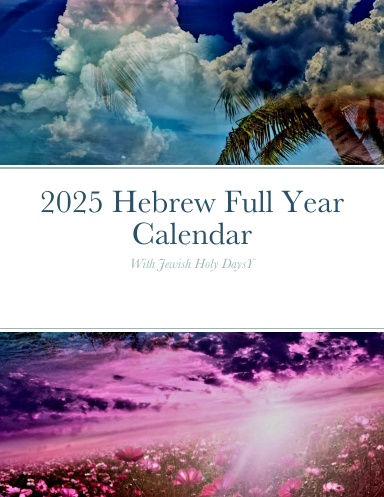
The Hebrew calendar is a lunisolar calendar used to determine the dates of Jewish holidays and festivals. The new year, known as Rosh Hashanah, marks the beginning of the Jewish High Holy Days and is a time for reflection, repentance, and celebration. In 2025, Rosh Hashanah will begin on the evening of Sunday, September 21st, and end on the evening of Tuesday, September 23rd.
The Significance of Rosh Hashanah
Rosh Hashanah, literally meaning "head of the year," is the first of the High Holy Days, a period of introspection and atonement that culminates in Yom Kippur, the Day of Atonement. It is believed that on Rosh Hashanah, God judges all of humanity, determining their fate for the coming year.
The holiday is marked by several key rituals and traditions:
- Blowing the Shofar: The shofar, a ram’s horn, is blown 100 times throughout the day, symbolizing a wake-up call to repentance.
- Tashlich: Jews gather at bodies of water to symbolically cast away their sins by throwing bread crumbs into the water.
- Eating Sweet Foods: Honey and apples are consumed to symbolize a sweet new year.
- Holiday Prayers: Special prayers and services are held in synagogues to mark the occasion.
Observing Rosh Hashanah 2025
Observing Rosh Hashanah in 2025 involves adhering to certain traditions and customs:
- Attend Synagogue Services: Jews attend synagogue services on both days of Rosh Hashanah, where they participate in prayers, readings, and the blowing of the shofar.
- Prepare Special Meals: Holiday meals typically include sweet foods such as honey cake, apples with honey, and challah bread.
- Greet Others with Blessings: Jews greet each other with the traditional blessing "L’Shana Tova" (For a good year).
- Avoid Work and Mundane Activities: Rosh Hashanah is a day of rest and reflection, so work and other secular activities are prohibited.
- Spend Time with Family and Friends: The holiday is an opportunity to gather with loved ones and reflect on the past year and the year ahead.
The Jewish High Holy Days
Rosh Hashanah marks the beginning of the Jewish High Holy Days, which include:
- Yom Kippur (Day of Atonement): The holiest day of the Jewish year, Yom Kippur is a day of fasting, prayer, and repentance.
- Sukkot (Feast of Tabernacles): A seven-day festival that commemorates the Israelites’ wandering in the desert after the Exodus from Egypt.
- Simchat Torah (Rejoicing in the Torah): A one-day festival that marks the completion of the annual cycle of Torah readings.
The Hebrew Calendar and its Impact
The Hebrew calendar has a profound impact on Jewish life, dictating the dates of holidays, festivals, and religious observances. It is a testament to the rich traditions and heritage of the Jewish people.
Conclusion
Rosh Hashanah 2025 will be a time for Jews around the world to reflect on the past year, seek forgiveness for their sins, and pray for a sweet and prosperous new year. By observing the traditions and customs associated with the holiday, they will connect with their heritage and strengthen their bond with God and their community.


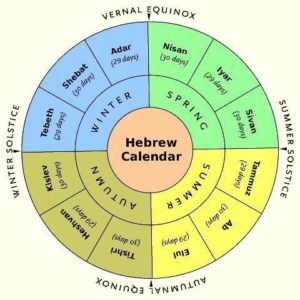


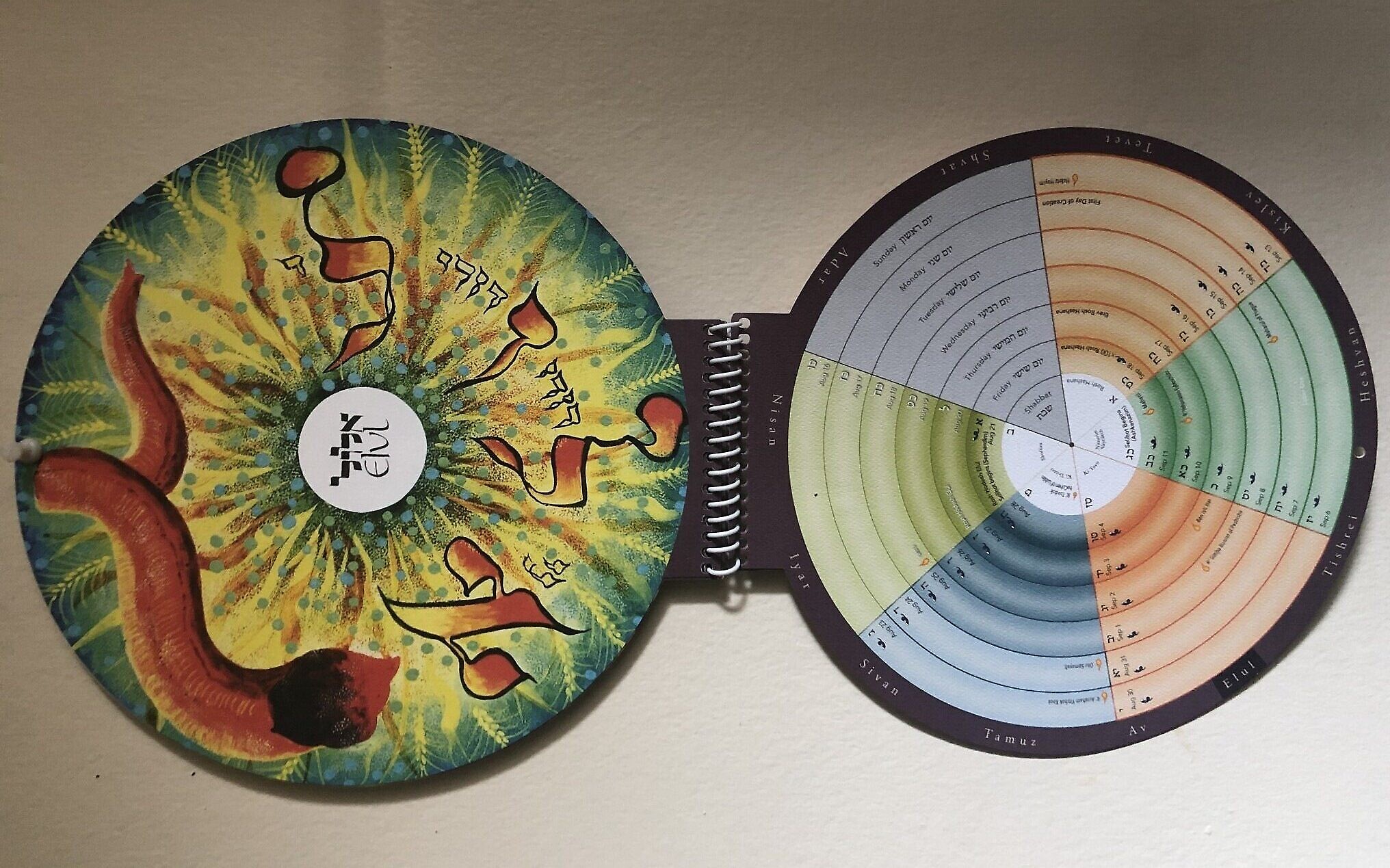
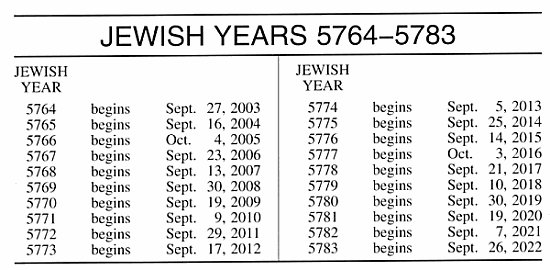
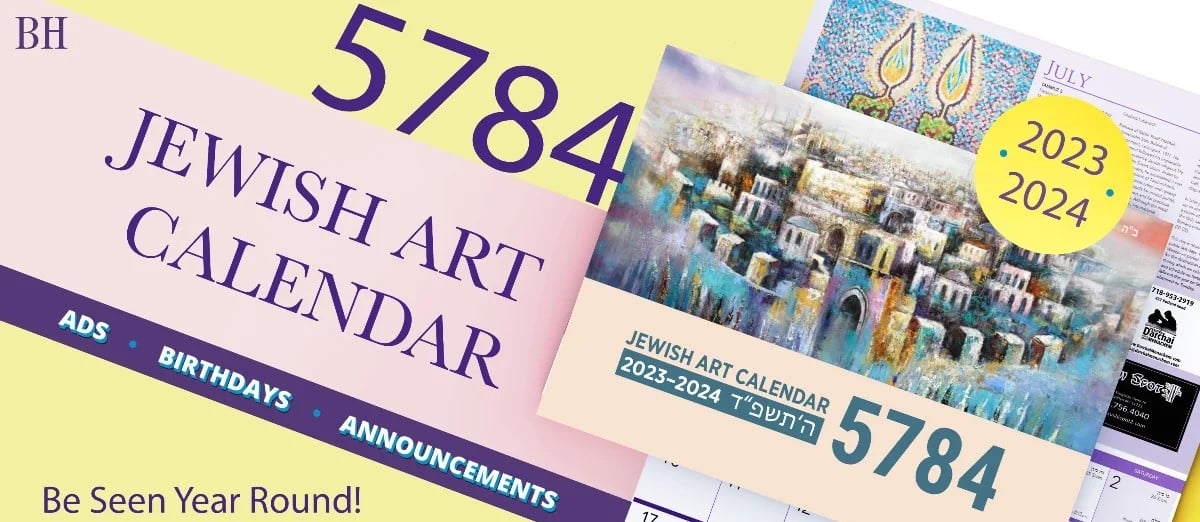
Closure
Thus, we hope this article has provided valuable insights into Hebrew Calendar New Year 2025: A Journey Through Jewish Tradition. We appreciate your attention to our article. See you in our next article!